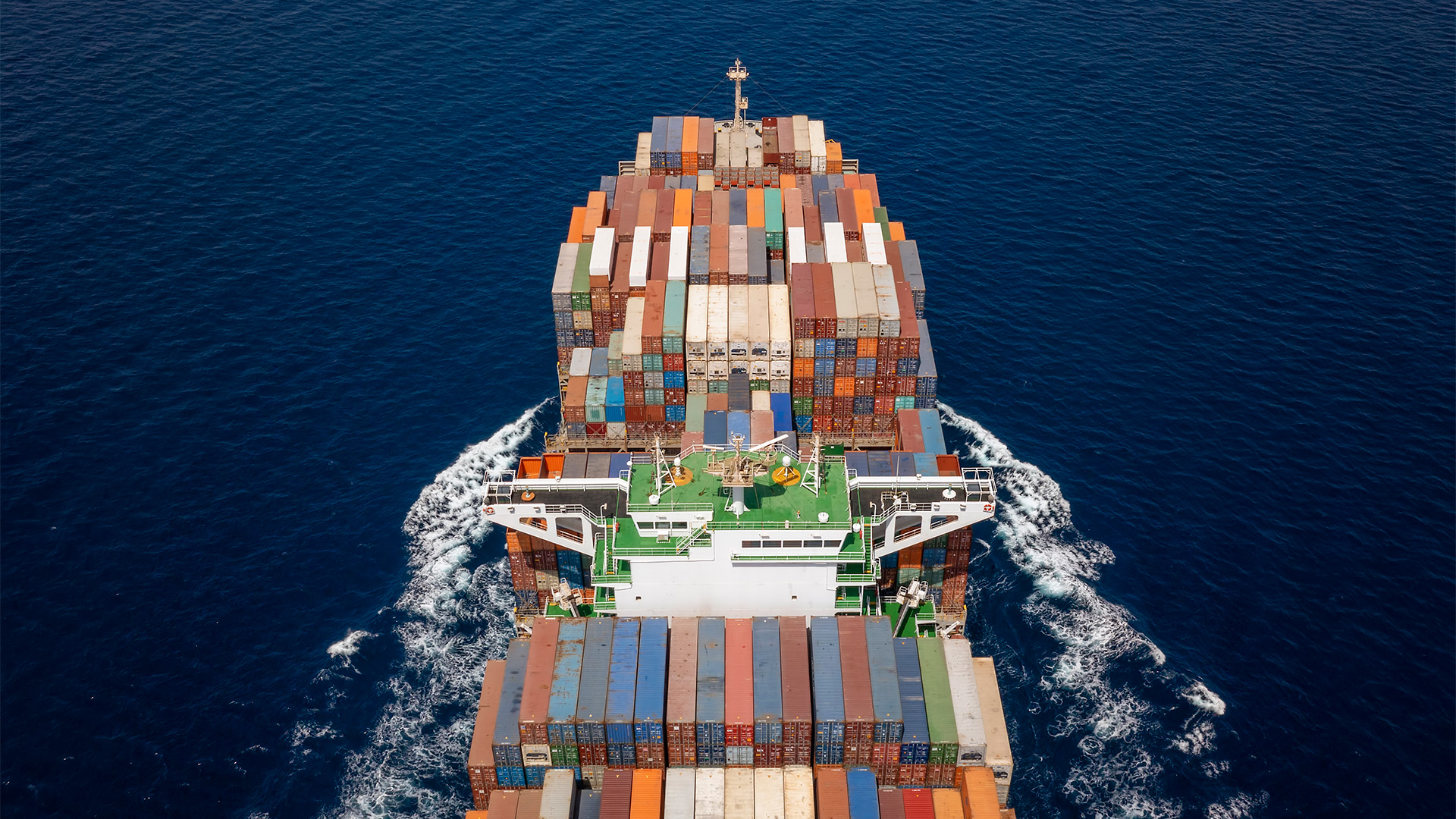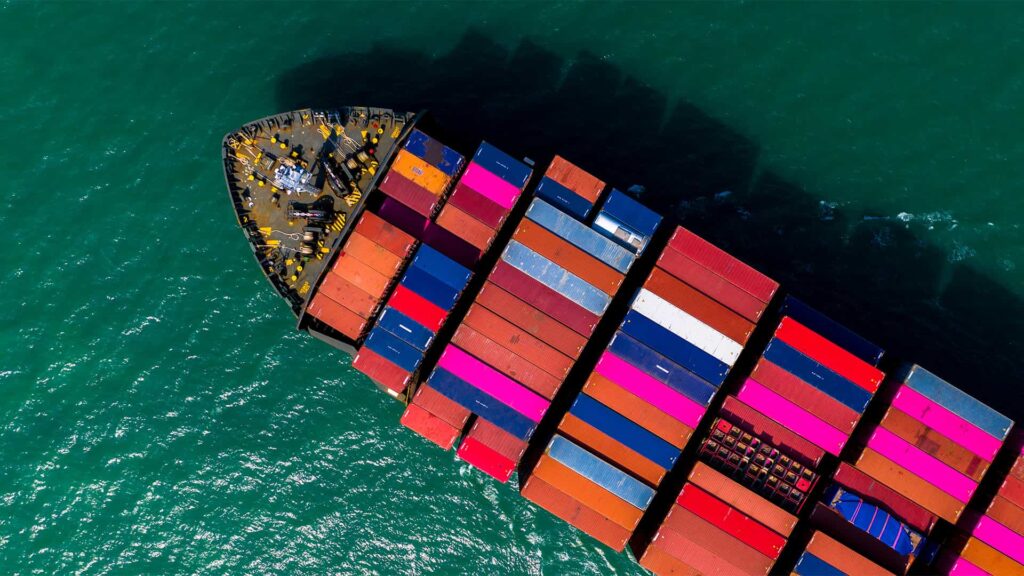
Re-Evaluating Force Majeure in Container Contracts
The Houthi rebel attacks in the Red Sea on commercial vessels beginning in November 2023 quickly upset the world’s ocean lanes, particularly for container shipping. Carriers and shippers alike looked to their conditions of carriage and related contracts to determine which mechanisms might respond to protect their positions. Often this entailed an analysis of force majeure provisions to see if an attack (or the threat of one) might trigger these.
Nearly a year on with more than 80 documented attacks on vessels, signs of improved relations in the Middle East seem uncertain at best. While Israel and Hezbollah have reached a tenuous cease-fire, the recent gains made by rebels in Syria could further destabilise the region, especially if Israel-Iran relations do not improve, as a wider regional conflict involving Iran would likely disrupt passage via the Persian Gulf and Gulf of Oman. And if there were ever to be a full-blown conflict between the PRC and Taiwan, the impact on Asia-Pacific shipping lanes would be unimaginable. Moreover, potential labour strikes in the US and elsewhere threaten to further disrupt the sector.
For these reasons, perhaps more now than in recent times, shippers and carriers both have an interest in re-evaluating their force majeure provisions to consider how their carriage contracts respond to external disruptions.
Force Majeure: an overview
Force majeure is a creature of French law and has no firm or definite meaning under English common law. Contracts of carriage subject to English law therefore must have an express force majeure clause for either party to seek protection from this. Absent an express provision, the doctrine of frustration may intervene in specific circumstances.
Broadly speaking, force majeure provisions exist to respond to circumstances which are external, unforeseeable and unavoidable. Indeed, these criteria should be specified when clarifying its scope. Any event which is otherwise within the parties’ control or contemplation may, in the absence of express wording to the contrary, be incapable of triggering a force majeure provision, irrespective of how difficult performance may be. This is why insolvency or financial distress is not force majeure.
That said, it is worth emphasising that for a circumstance to qualify as force majeure, the event must either:
- make contractual performance impossible; or
- have the effect of fundamentally changing the nature of the contract.
An event which merely makes performance more difficult, expensive or inconvenient is not force majeure. Thus, following the emergent threat of Houthi attacks in the Red Sea, parties whose contracts of carriage contemplated sailing via Red Sea were unlikely to successfully invoke force majeure specifically because performance was still possible via the Cape of Good Hope, albeit at additional time and expense.
Force Majeure and equivalent provisions in conditions of carriage
However, most carriers’ conditions of carriage contained on the reverse side of bills of lading contain provisions described generally as “Matters Affecting Performance” or “Methods and Routes of Carriage”, which function similarly to force majeure provisions. These typically weigh in favour of carriers and are often expressed as, “any hindrance, risk, danger, delay, difficulty or disadvantage of whatsoever kind and howsoever arising which cannot be avoided by the Carrier“.
Upon the occurrence of such an event, the carrier usually has unilateral discretion to carry by an alternative route, suspend carriage, store afloat or ashore, abandon carriage and / or place goods at the shipper’s disposal. The carrier is typically entitled to all costs agreed and may even obtain the right to demand additional costs.
Large volume shippers are more likely to have bespoke sea freight agreements (SFAs) in place, which may introduce more traditional force majeure clauses. Provided each SFA is clearly expressed to take precedence over the bill of lading, its provisions will generally govern carriage to the extent of any inconsistency with the carrier’s conditions of carriage.
Effect of Force Majeure
Where force majeure arises, provided the contract is appropriately worded, the party affected is excused from continuing its performance (and the non-affected party must accept the non-performance).
As SFAs govern each shipment over the course of the term, which is often a year, the provisions will not terminate the SFA outright. Instead, the parties’ performance is suspended for a period of time or until the event of force majeure ceases, which may therefore apply only to a limited number of shipments through a particular corridor. The occurrence of force majeure may additionally (or in the alternative) extend the time to perform certain obligations.
Force majeure clauses in shipping contracts often oblige the party affected to take steps to mitigate any losses to the non-affected party. When force majeure ceases to prevent the affected party’s performance, there is usually an obligation to resume performance as soon as possible.
These provisions may also require the affected party to give notice to the other party within a specified period. These notice provisions typically operate as a condition precedent, which mean that if the affected party does not comply, they cannot rely on force majeure. Such provisions also frequently require the affected party to outline the extent and effect of the anticipated disruption on the non-affected party.
Ultimately, force majeure provisions can be drafted as widely or narrowly as the parties intend. Therefore, the effect and extent of force majeure depends on the wording of each provision. As we have also seen, carriers’ conditions of carriage will often include much wider and more advantageous wordings in their favour.
Jake Rickman, Trainee Solicitor, assisted in the preparation of this briefing.










